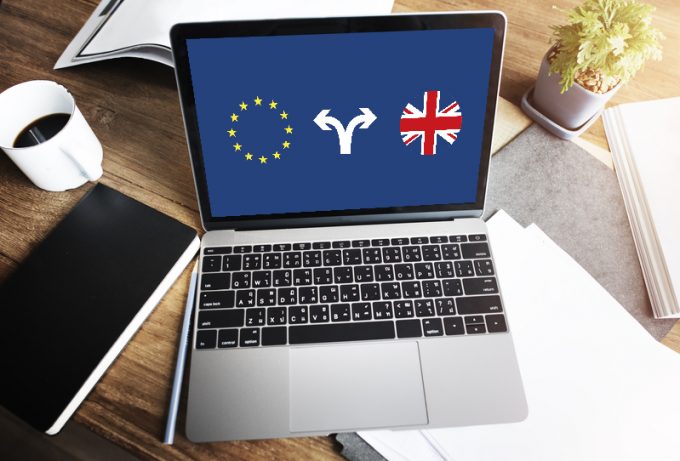EU 'frustration over what UK wants' as further trade talks loom
Supply chain operators are being warned not to get their hopes up of any imminent ...

IT solutions offer the best return to “normality” for forwarders, after Brexit “smashed apart” once-streamlined UK supply chains.
MD of Forward Computers (FCL) Richard Litchfield said the past decade had led to a “major improvement” in the organisation of road freight across Europe, but after the Brexit vote, worries had begun to set in over the resilience of systems.
“It used to be every road shipment was its own, individual project, but industry started to better use IT and didn’t need to ...
Maersk u-turn as port congestion increases across Northern Europe
Apple logistics chief Gal Dayan quits to join forwarding group
Maersk Air Cargo sees volumes fall as it aims for 'margin in favour of revenue'
Airlines slash freighter capacity post-de minimis, but 'the worst is yet to come'
Houthis tell Trump they will end attacks on Red Sea shipping
Transpac rates hold firm as capacity is diverted to Asia-Europe lanes
MSC revamps east-west network as alliance strategies on blanking vary
India-Pakistan 'tit-for-tat' cargo ban sparks sudden supply chain shocks


Comment on this article